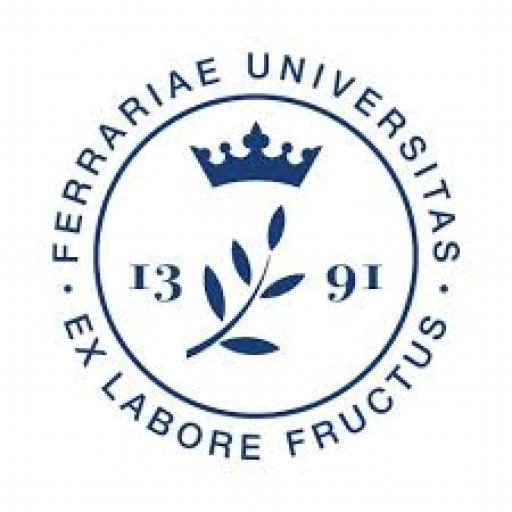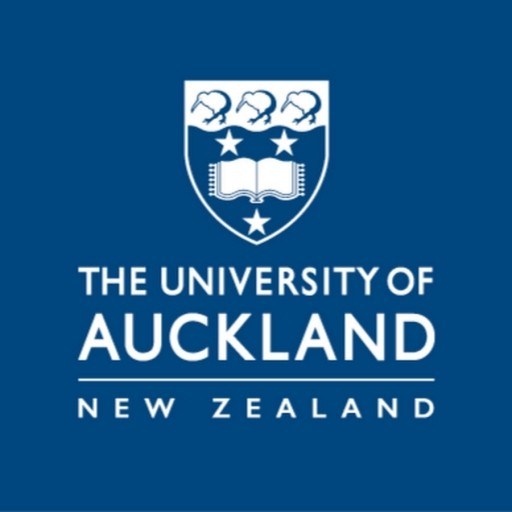The Bachelor of Science in Biomedical Sciences at Rutgers University-Camden offers students a comprehensive and rigorous education designed to prepare them for careers in healthcare, research, biotechnology, and related fields. The program provides a strong foundation in the fundamental principles of biology, chemistry, and mathematics, combined with specialized coursework that explores the complexities of human health, disease mechanisms, and biomedical technologies. Students will engage in laboratory experiments and research projects that foster critical thinking, analytical skills, and practical experience. The curriculum emphasizes interdisciplinary approaches, integrating the biological sciences with elements of pharmacology, microbiology, physiology, and molecular biology to give students a holistic understanding of the biomedical sciences landscape.
Throughout the program, students benefit from state-of-the-art facilities and faculty who are actively involved in cutting-edge research. The curriculum is designed to ensure students develop not only scientific knowledge but also communication skills, ethical awareness, and the ability to work effectively in multidisciplinary teams. In addition to classroom instruction, students have opportunities for internships, research assistantships, and other experiential learning activities that enhance employability and prepare them for graduate studies or professional health programs such as medicine, dentistry, pharmacy, or veterinary medicine.
The program also emphasizes the importance of professional development, offering workshops, seminars, and networking events that connect students with industry professionals and alumni. The flexible structure allows students to tailor their education to specific interests within biomedical sciences, whether in research, clinical practice, or industry sectors. Upon graduation, students will be well-equipped with the scientific knowledge, technical skills, and ethical understanding needed to make meaningful contributions to advancing healthcare and biomedical research. The Rutgers University-Camden Bachelor of Science in Biomedical Sciences aims to cultivate innovative thinkers and dedicated scientists who are prepared to address current and future challenges in health and medicine.
The Bachelor of Science in Biomedical Sciences at Rutgers University-Camden offers students an in-depth exploration of the fundamental principles that underpin modern biomedical research and healthcare. This comprehensive program is designed to prepare students for diverse careers in the biomedical field, including medical, dental, veterinary, or graduate school, as well as positions in research, healthcare, and biotechnology industries. Throughout the program, students gain a solid foundation in biology, chemistry, physics, and mathematics, complemented by specialized coursework in human anatomy, physiology, microbiology, biochemistry, molecular biology, and genetics.
The curriculum emphasizes both theoretical knowledge and practical laboratory skills, enabling students to acquire hands-on experience using state-of-the-art instrumentation and techniques. Students also have opportunities to engage in research projects, internships, and experiential learning activities that foster critical thinking, problem-solving, and scientific communication skills. The program encourages interdisciplinary approaches and exposes students to emerging trends and innovations in biomedical sciences, such as genomics, personalized medicine, and bioinformatics.
Dedicated faculty members with expertise across various biomedical disciplines mentor students and guide their academic and professional development. The program prepares graduates to pursue advanced degrees or enter competitive health-related fields by providing a strong academic foundation and research experience. Additionally, students benefit from the university’s connections with local hospitals, research institutions, and industry partners, facilitating internships and employment opportunities.
By completing the Bachelor of Science in Biomedical Sciences at Rutgers University-Camden, students will be equipped with the knowledge, skills, and competencies necessary to contribute significantly to advancements in medicine and healthcare, addressing global health challenges and improving patient outcomes.
Program Requirements for Bachelor of Science in Biomedical Sciences at Rutgers University-Camden:
Prospective students must complete the University-wide General Education curriculum, which includes coursework in English, mathematics, natural sciences, social sciences, and the humanities. An overall minimum GPA of 2.50 is typically required for admission into the program. To earn the B.S. in Biomedical Sciences, students must complete major-specific coursework totaling at least 60-65 credit hours, including foundational courses in biology, chemistry, physics, and mathematics. Specifically, students are expected to take courses such as General Biology I and II with lab components, Organic Chemistry I and II with labs, General Physics I and II, and Calculus I. In addition, students should enroll in courses emphasizing human anatomy, physiology, microbiology, and biochemistry to build a comprehensive understanding of biological sciences. Laboratory and practical experiences are integral, with credits allocated to hands-on experiments and research projects to develop technical skills. As part of their academic progression, students are encouraged to engage in research opportunities, internships, or cooperative education programs to gain real-world experience in biomedical research and healthcare settings. The program also requires students to complete a capstone project or thesis project in the final year, demonstrating their ability to integrate and apply learned concepts. Students must meet all course prerequisites and maintain the minimum GPA in major coursework to progress through the program successfully. Electives in specialized areas such as molecular biology, biotechnology, or bioinformatics are recommended to tailor the degree toward specific career goals. Additionally, students must fulfill any university-wide requirements, including cultural diversity, writing, and communication skills. Completion of the program typically takes four years of full-time study, with opportunities for accelerated options or part-time study for non-traditional students. Students should consult with academic advisors regularly to ensure they meet all graduation and licensure requirements, and to plan their coursework trajectory efficiently.
Financial aid options for the Biomedical Sciences undergraduate program at Rutgers University-Camden include a variety of scholarships, grants, federal and state aid, and work-study opportunities. Students are encouraged to complete the Free Application for Federal Student Aid (FAFSA) to determine their eligibility for federal need-based aid programs such as Pell Grants and Federal Supplemental Educational Opportunity Grants (FSEOG). Rutgers-Camden also offers several merit-based scholarships specific to science and health-related fields that students can apply for through their admissions or financial aid offices. Additionally, students may access institutional grants and scholarships, as well as external funding sources including private foundations and professional associations related to biomedical sciences. The university participates in federal work-study programs, providing part-time employment opportunities on or near campus, which can help offset educational costs. Monthly payment plans are also available to facilitate tuition payments over the semester, making financial planning more manageable. Students should consult the Rutgers University financial aid website or contact the financial aid office for detailed, current information regarding application procedures, deadlines, and eligibility criteria. It is recommended that prospective students explore all available financial assistance options early in their academic planning to maximize their aid package and reduce potential student loan debt. Rutgers University-Camden is committed to helping students navigate the financial aspects of their education through personalized advising and comprehensive support services.
The Bachelor of Science in Biomedical Sciences at Rutgers University-Camden offers students a comprehensive foundation in the biological and physical sciences, preparing them for careers in healthcare, research, and related fields. The program is designed to give students an in-depth understanding of human biology, molecular biology, genetics, physiology, and biochemistry. It emphasizes the development of critical thinking, laboratory skills, and scientific communication, equipping graduates for professional entry or further education such as medical, dental, or graduate school. The curriculum includes a mix of core science courses, elective options, and laboratory work to ensure practical competence and theoretical knowledge. Students have access to state-of-the-art laboratories and research facilities, fostering hands-on experience and opportunities to participate in ongoing research projects. The program also encourages internships and partnerships with local hospitals and research institutions, enabling students to gain real-world exposure. Faculty members are highly qualified, with expertise spanning various biomedical disciplines, and they are committed to mentoring students both academically and professionally. The program is aligned with health sciences and biomedical research advancements, ensuring that students are prepared for evolving industry trends. Graduates of this program often pursue careers in clinical research, healthcare services, pharmaceuticals, public health, and biomedical innovation. Some graduates may continue their education in professional health programs or advanced degrees such as Master’s or PhDs. The Bachelor of Science in Biomedical Sciences is a rigorous, research-oriented program that combines theoretical coursework with practical application, offering students a well-rounded education in the biomedical field.










